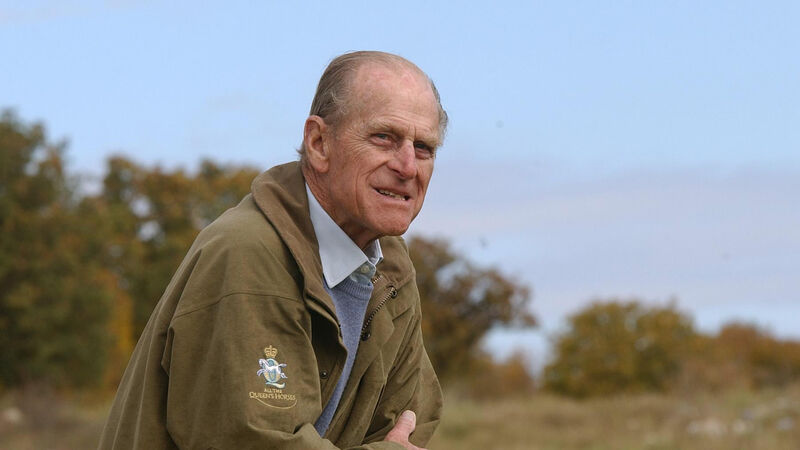Irish Examiner view: Occasionally gruff but always loyal

Prince Phillip, the Duke of Edinburgh, during a tour of battlefields in the Crimea, Ukraine. He was the Queen's husband and the royal family's patriarch, but what will he be remembered for? Picture: File picture
The death of Prince Phillip yesterday morning is another blow to the old, tattered idea of Global Britain so championed by Brexiteers as the heir, in presence, and in dynamism, of the British empire. His Royal Highness Prince Philip, Duke of Edinburgh, and Queen Elizabeth's husband for more than 60 years died peacefully at Windsor Castle just weeks before his 100th birthday.
That very longevity links him to events, expectations, formalities, and silver-spoon privileges that seem more historic than actual though contemporary versions of that gilded cage endure. If the world of the commoner, or citizen if you insist, experienced tremendous change during those 99 years the world of by-birth monarchies went through an unimaginable, almost revolutionary change, change that will continue if not accelerate.













